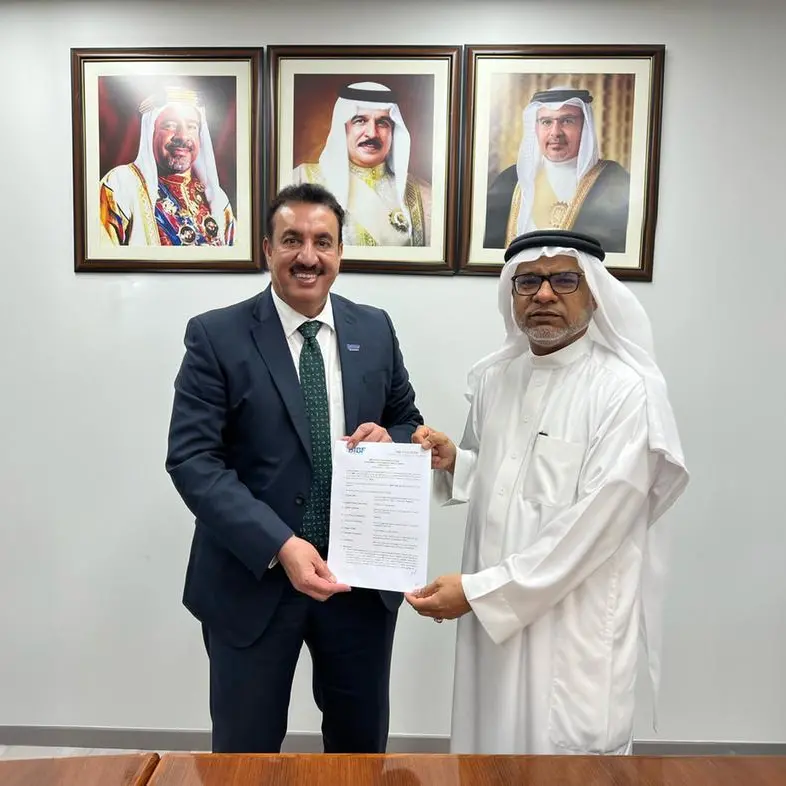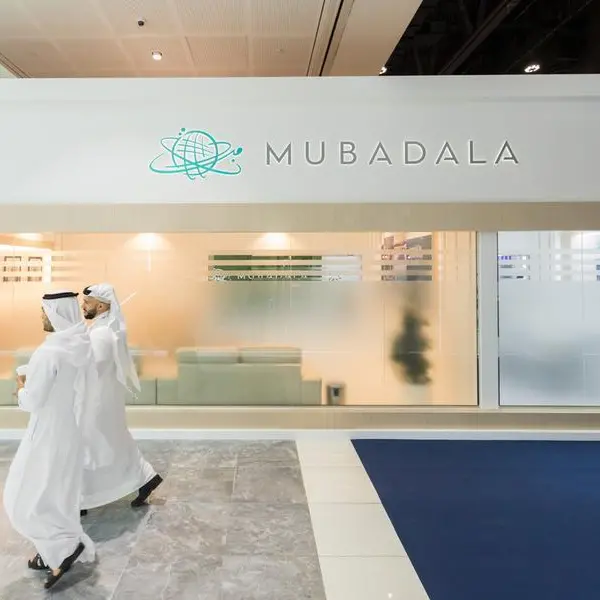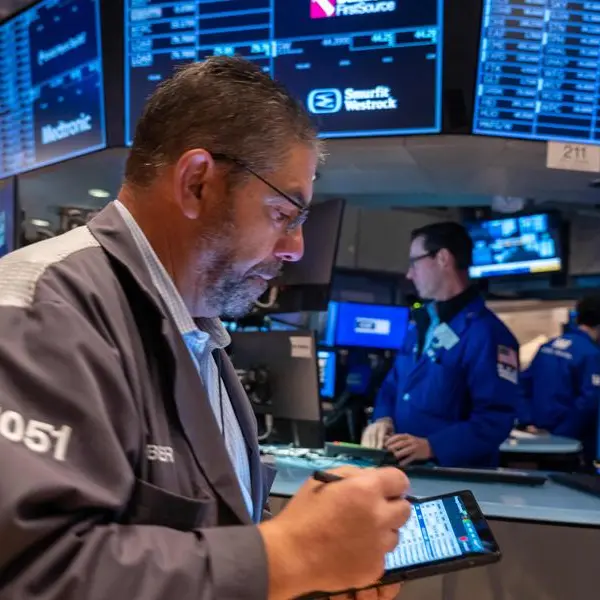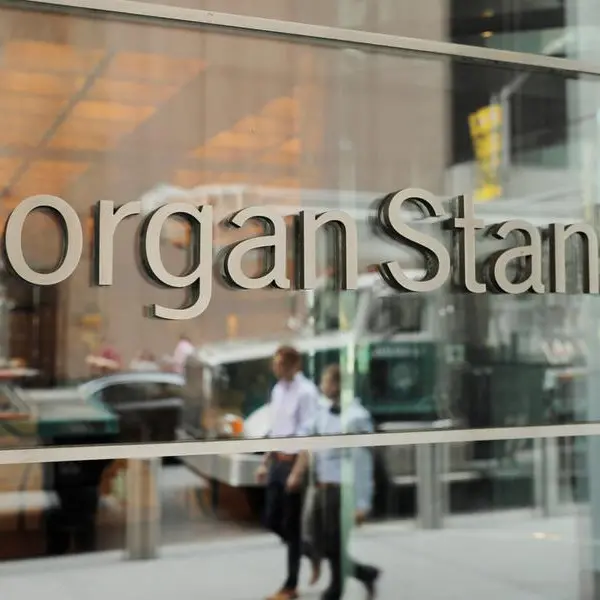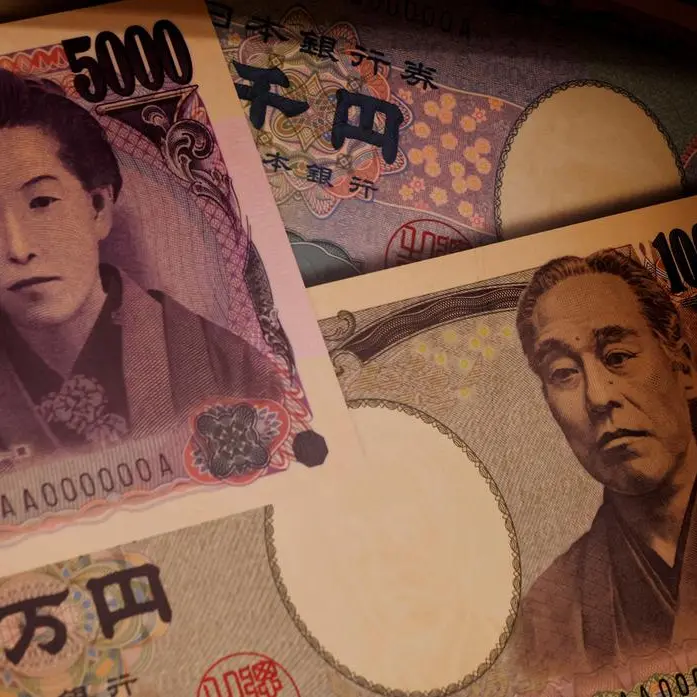PHOTO
More than 40 percent of wealth in the MENA region is still held in cash at banks, and to Ramzi Khleif, this is a massive opportunity to service potential investors. As General Manager – MENA of StashAway, he believes there is more than enough room for all types of wealth managers in this space.
Launched in the UAE during the peak of the pandemic in November 2020, StashAway is a Singapore-headquartered robo-advisory firm that manages assets in excess of $1 billion. The firm offers investment portfolios and wealth management solutions for both retail and professional investors and operates in Singapore, Malaysia, the MENA region, Hong Kong, and Thailand. Since its launch, the firm has been seeing a strong appetite for investment in the MENA region.
“Very few options were available for clients to invest in international markets and diversify their portfolios without paying many bank charges and other fees,” Khleif told Zawya in an interview. “We enabled clients to invest in AED with no minimum deposits and no lock-up periods to eliminate this barrier.”
StashAway is DIFC-based and can onboard anyone around the world, including the entire GCC region. Its main clients include professional clients, accredited investors and corporations, but the retail segment comprises the largest of its client base.
Investor Picks
Khleif added, however, that investors in the region tend to be risk averse, and this is primarily because a large portion of the region’s wealth is still held in cash.
“In general, the region has historically tended to focus on real-estate investments as an asset class as compared to other regions, where the majority of wealth is invested in public markets, increasingly driven by ETFs in recent years, which is the underlying instrument used in the majority of our portfolios,” he said.
In addition, the firm is also offering a Shariah-compliant cash management solution called StashAway Simple.
“It’s invested into a money market fund and yields 1.2 percent p.a. This product is one of the favourites among our investors,” Khleif added.
Asset Allocation Strategy
Speaking of the firm’s core asset allocation strategy to diversify its clients’ capital in the current environment, Khleif said StashAway’s investment strategy is based on economic regime-based asset allocation (ERAA), which “minimises risk and maximises returns for personalised portfolios across any economic environment.”
“Depending on market conditions, we reoptimize our portfolios,” he said, noting that their most recent reoptimization was in response to the rise of inflation. “ERAA reduced allocations to developed and emerging market government bonds in favour of high-quality US corporate bonds and inflation-linked government bonds.”
ERAA also reduced its allocation to US consumer staples (XLP), US REITs (VNQ) and, moderately, in US energy (XLE) due to their high valuations. It is in favour of higher allocations to US small-cap (IJR) and financial stocks (XLF).
“Due to valuation changes, ERAA is reducing allocations to Australian and Japanese equities, favouring a higher allocation to Canadian equities,” Khleif explained. “Finally, we minimised our exposure to markets at risk of secondary sanctions due to the fallout of the ongoing conflicts in Ukraine, including China and other emerging markets, and we increased allocation to assets with minimal direct exposure to sanctions risk.”
Expansion Headwinds
Globally, only a handful of robo-adviser businesses have achieved profitability and sustainability, reflecting the difficulties surrounding this business model.
However, according to Khleif, the main challenge that robo-advisory firms face in reaching sustainable and profitable operations is the ability to scale the business sufficiently. “This is increasingly challenging in the GCC/Middle East due to the different and independent regulatory regimes operating in each country.”
As each country has different licenses, language requirements, etc., the high capital and operational complexity this entails makes it difficult to expand throughout the region. There is also a need for a physical presence for better access to the local market.
Evolving into a Digital Wealth Manager
Khleif noted that competition from traditional financial institutions, such as private banks and wealth management firms, is prompting robo-advisory firms such as his to evolve and innovate.
“The industry is moving very fast, and we’ve seen that even the banks are becoming more digitally friendly and want to offer similar products as robo-advisors,” he said. “Therefore, it’s imperative for players like us to keep innovating and provide our clients with the best investment options to complement their core investment portfolio.”
He further said that all players are looking to augment their investment offering through products such as crypto, ESG or thematic portfolios. Against this, robo-advisors offer the typically underserved mass-affluent segment the advantage of access to sophisticated investment options via a simple-to-use interface, with no minimum balance required.
“Given that, we are aiming to become more of a digital wealth manager, as opposed to simply a robo-advisor, and become the one-stop-shop for people to invest across different types of assets,” said Khleif.
StashAway is already offering EGS and thematic investing. While crypto is only available in Singapore for accredited investors at the moment, the firm is working to release the product to retail customers as well across all regions, he said.
(Reporting by Sunil Kumar; editing by Seban Scaria)

